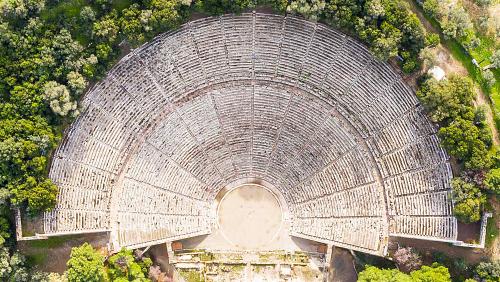Medical waste incinerators play a crucial role in reducing the spread of infectious diseases and protecting the environment from potentially hazardous materials. In South Africa, the demand for incinerators has been on the rise due to the increasing amount of medical waste produced by healthcare facilities across the country. However, the high cost of these incinerators has become a major concern for many hospitals and clinics, often leaving them struggling to meet regulatory requirements for proper waste disposal.
The high price of medical waste incinerators in South Africa can be attributed to several factors. One of the main reasons for the steep costs is the advanced technology and safety features that are required to effectively manage and dispose of medical waste. Incinerators must comply with strict environmental regulations to prevent air pollution and ensure the safety of surrounding communities. This includes the installation of pollution control devices such as scrubbers and filters, which can significantly increase the overall cost of the incinerator.
In addition to the initial purchase price, hospitals and clinics also incur significant ongoing costs for operating and maintaining the incinerators. These include expenses for fuel, electricity, maintenance, and repairs, which can add up quickly and place a heavy financial burden on healthcare facilities that are already struggling to provide quality care with limited resources.
The high cost of medical waste incinerators has led many healthcare facilities in South Africa to explore alternative waste management solutions, such as outsourcing waste disposal to specialized companies or investing in more affordable technologies like autoclaves or microwaves. However, these alternatives may not always be as effective or sustainable as incineration, raising concerns about the potential health and environmental impact of improper medical waste disposal.
Despite the challenges posed by the high price of medical waste incinerators, it is important for healthcare facilities in South Africa to prioritize proper waste management to protect public health and the environment. By investing in safe and efficient disposal methods, hospitals and clinics can reduce the risk of disease transmission, prevent environmental contamination, and comply with regulatory requirements to ensure the well-being of their patients and staff.
In conclusion, the high price of medical waste incinerators in South Africa is a significant barrier for many healthcare facilities seeking to improve their waste management practices. While the cost may be prohibitive for some institutions, it is crucial to weigh the long-term benefits of investing in proper waste disposal against the potential consequences of inadequate waste management. By exploring cost-effective alternatives and seeking support from government agencies and stakeholders, healthcare facilities can work towards finding sustainable solutions to the challenges posed by medical waste incineration.





